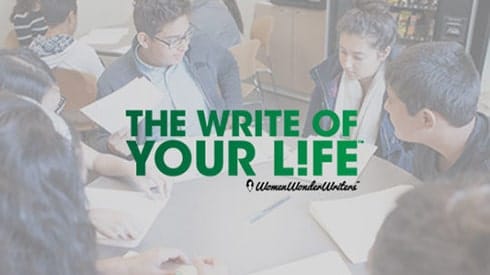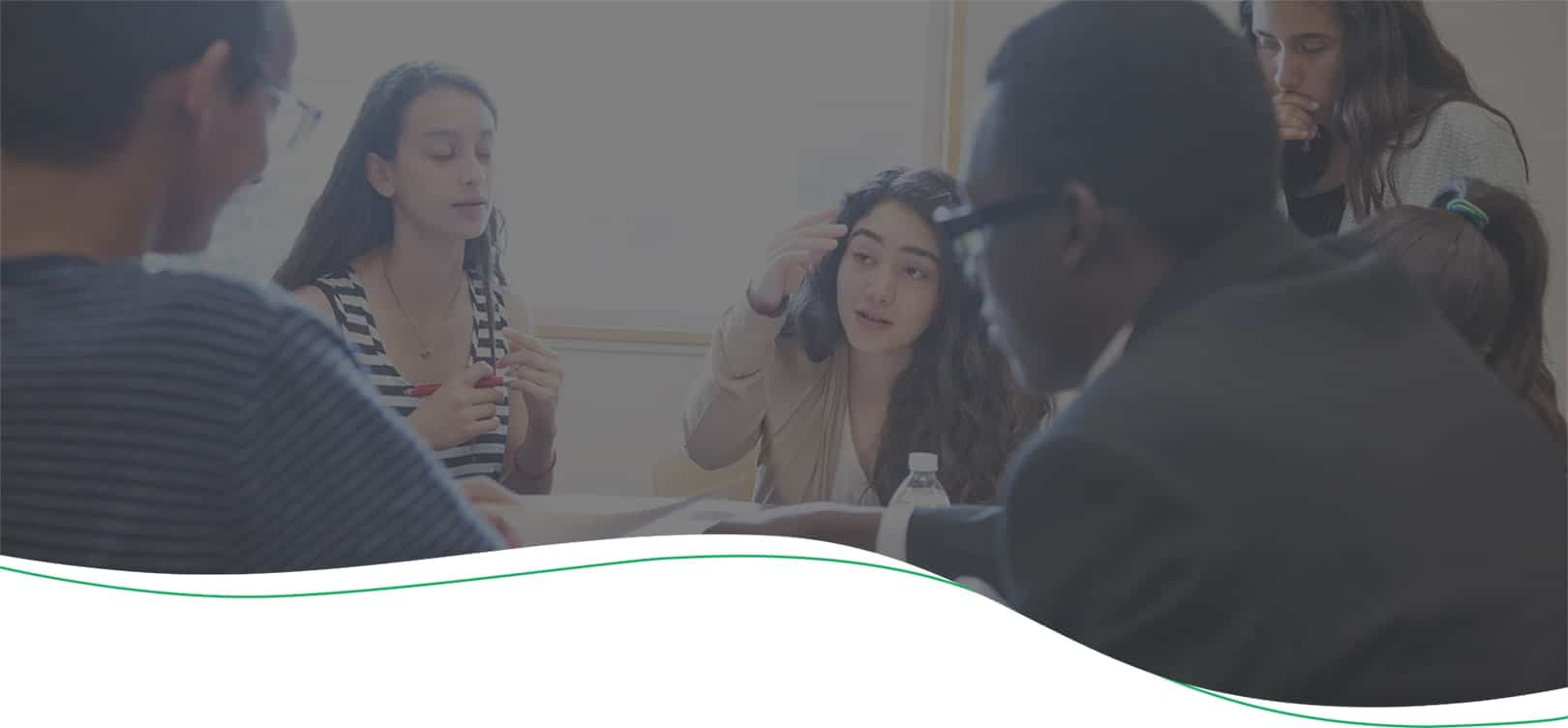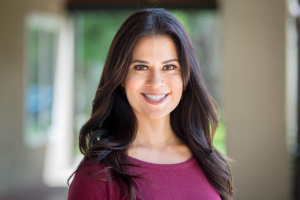
23 Sep Social & Emotional Learning is Necessary to Rescue Youth From the School-to-Prison Pipeline
Building youth resiliency relies on making sure they have two things: 1) the “development of strong and trusting relationships with key adults in their lives, particularly in schools;” and 2) “the formation of positive attitudes towards fairness and justice.” (Advancement Project & C.R. Project, Harv. Univ., Opportunities Suspended: The Devastating Consequences of Zero Tolerance & School Prison Discipline 15 (2000)). Our approach at The Write of Your L!fe™ stresses the importance of promoting self-esteem and efficacy in our youth, as well as healthy relationships within and outside of schools. Additionally, our approach helps youth find their voice and express empathy, two critical skills in fairness and justice.
We are committed to helping youth build resilience and believe social-emotional learning (SEL) is a critical component in rescuing youth from the school-to-prison pipeline and preparing them to face adversities. SEL is particularly important for the youth we serve because they are among our most vulnerable, including being incarcerated, homeless, foster youth, kids of color, special needs, or low-income. They experience a greater likelihood of falling behind in school and are at greater risk for being impacted by the school-to-prison pipeline, “the cascade of effects that occur when children are pushed out of schools and into the juvenile justice system. This pipeline exacerbates existing racial and economic disparities in the education and justice systems.” (In School + On Track 2015 California Attorney General’s Report on California’s Elementary School Truancy & Absenteeism Crisis).
How does SEL manifest in our programs? This is one example. A youth is invited into our 12-week program facilitated by a caring, positive, consistent mentor-instructor and joins our group-mentoring experience discussing historical women who have overcome adversity, social injustices, relationships and learning to advocate for not only themselves but for others, such as those who have been exposed to trauma. The mentor-instructor facilitates restorative justice modeled talking-circles and listens to the youth as they share stories, ask questions and express a range of emotions. Our guest-poets visit the workshop to work alongside the mentor-instructor and facilitate poetry readings and writing sessions. By the conclusion of the program, each youth has published their own writing in a group anthology. The teacher-mentor helps the youth critically think about ways to use their skills, consider alternatives to past choices, visualize their future and ways to avoid risky behavior, break unhealthy cycles, such as in drug and alcohol abuse and violence, and consider different perspectives about family, school and community dynamics.
We approach SEL focusing on the types of values, mission, social advocacy, and skills that are important to the youth, which help them break cycles of victimization and abuse. Youth feel inspired, hopeful, supported, empathetic, worthy, expressive and empowered to make a change in the world. They are more confident and critically think about social issues in the world, prepared to address conflict, and ready to share their ideas and asks questions. The youth learn to express, grow and overcome in a peer-supported environment. Our current logic-model design allows The Write of Your L!fe,™ to measure the impact of SEL and shows it does indeed play a critical role in building youth resilience.
Not only do SEL skills convert to higher levels of self-esteem, hope, perseverance, self-worth, leadership, social responsibility and self-regulation, but educating youth with SEL also improves school attendance and academic performance. Additionally, cultural-arts based education has been shown to have a tremendous effect on student motivation and achievement, as well as brain development. Building creative skills can also lead to greater resilience and independence.
At The Write of Your L!fe,™ we are committed to SEL access to youth and collaboration with their micro and exo-systems including peers, family, community, education, legal and social welfare systems, and thus help reduce poverty. SEL plays an important role in our society in the achievement of peace and prosperity for everyone.
This SEL approach to building resiliency provides youth a foundation to build healthy relationships within and outside school as well as themselves. Helping youth succeed and rescuing them from the school-to-prison pipeline is our most proud accomplishment.
Blog contributor Debra Máres is a Latina writer, teacher and speaker. Growing up with addiction and violence trauma, she followed her dreams and encourages youth to do the same. An attorney and founder of a successful nonprofit, her TEDx Talk has inspired countless lives and her trauma-informed, social-emotional curriculum instills confidence in youth through journaling, cultural arts and restorative justice. Learn more at DebraMares.com and WomenWonderWriters.com.



